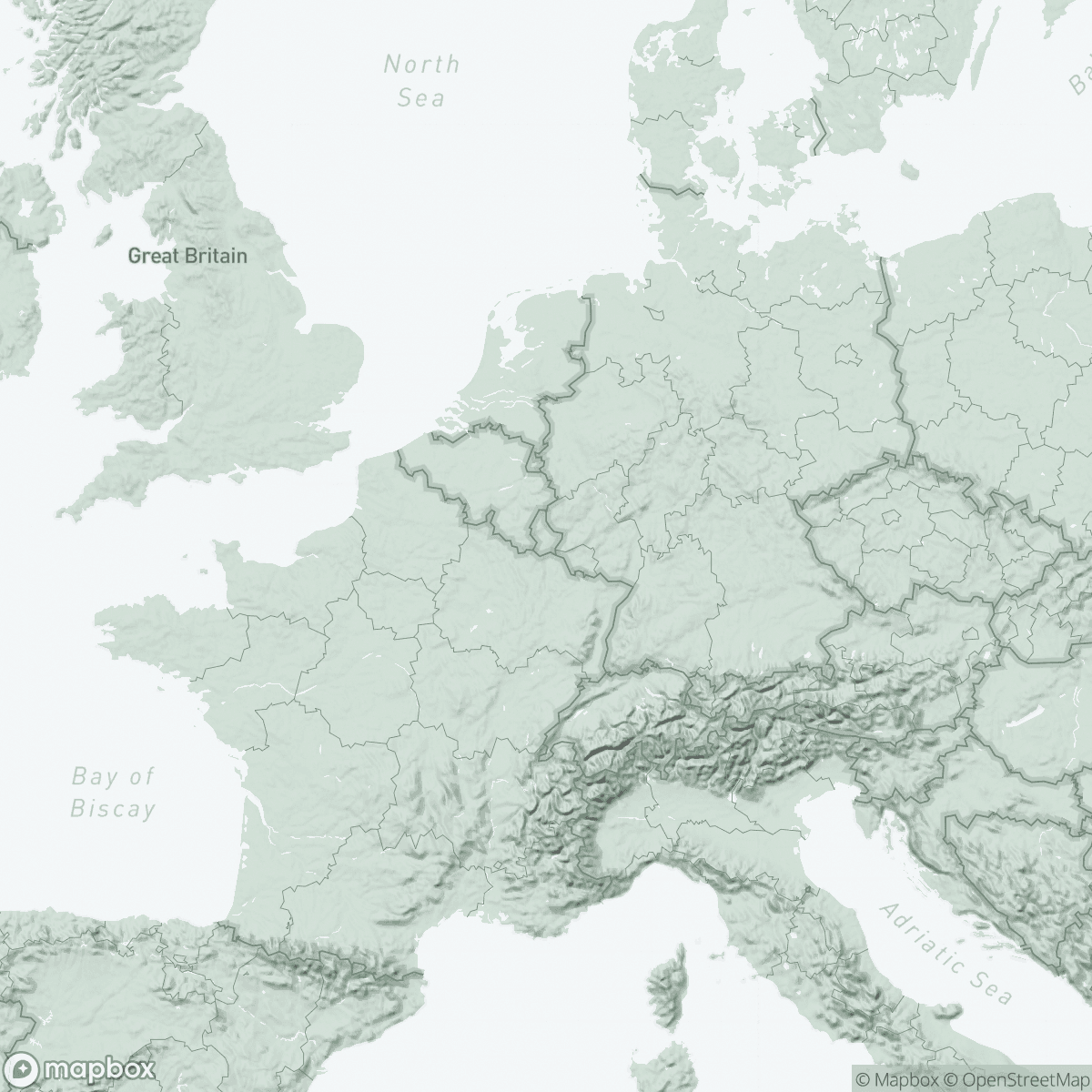
MSF and Greenpeace: facing together the greatest challenge
In 1 click, help us spread this information :
This year, Luxembourg is once again the first European country to reach Overshoot Day – only Qatar is doing worse globally.
On this 17th of February, Luxembourg's ecological footprint is one of the highest in the world: it would take more than 7 planets to meet our resource needs if all human beings consumed like an inhabitant of the Grand Duchy.
What are the causes and how can we fix them? To envision a sustainable future, we must understand that the environment, human beings, their health, society and the economy are all interconnected and dependent on each other. It is in this sense that Greenpeace and MSF are joining forces this year for a major first in Luxembourg: a call for mutual donations to support their interconnected causes, because "fighting global warming also means saving those who are already dying from it".
To better understand the challenges of this partnership, the two directors return to the importance of our synergies.
Why communicate together on Overshoot Day?
Xavier Turquin, Greenpeace: Overshoot Day is a symbol of our excesses. And in Luxembourg, we are in a comfort and environmental security that does not allow us to be aware of the consequences of these excesses that Greenpeace Luxembourg has been denouncing for 40 years without being heard enough. Every day, MSF is on the ground and can testify to these impacts. Communicating together therefore allows us to reinforce our messages.
Thomas Kauffmann, MSF: For MSF, this is an opportunity to alert the Luxembourg population to a reality that we see every day in our projects around the world. In many countries, the effects of the climate crisis are already very real and have a considerable impact on health, but also on the organization of access to care, the issue of food resources and livelihoods. We wanted to illustrate this reality with this sentence:
“You can’t be healthy on a sick planet,” to emphasize this interconnection.
If we do nothing to stem climate change, we already know that the number of our patients will continue to increase, and that – sooner or later – Luxembourg itself will not be spared.
Why join forces between two NGOs?
Thomas Kauffmann, MSF: Greenpeace and MSF were born in the same year: 1971. We have each grown up on our own, but it seems to us that the situation is such that we can no longer act in isolation. By coming together on the occasion of Overshoot Day, we hope that our warning will be heard and that we will be able to raise awareness among as many people as possible. The time has come to stop being every man for himself, but to share and harness the power of the collective; this is why we are also calling for each person to donate for the other - which is a great novelty in the world of NGOs - but which fully reflects this spirit of interconnection and reciprocity that we wanted to instill.
With this campaign, we want to raise awareness about the causes of global warming, which Greenpeace denounces with such determination; and about the consequences, which directly affect the lives of the people we help.
Xavier Turquin, Greenpeace: Within Greenpeace, we call for climate action in a context of climate emergency. Unfortunately, this sense of urgency is not understood. For MSF, urgency is their core expertise and intervention. It is therefore essential to pool our actions. We are completely complementary: on the one hand there are the causes that Greenpeace denounces, and on the other the consequences that MSF repairs. We must therefore mobilize on all sides to avoid amplifying future crises and to treat current victims.
This joint and cross-appeal is a concrete demonstration of how to bring our common values of solidarity and mutual aid to life.
What is Greenpeace doing about health? What is MSF doing about the climate crisis?
Xavier Turquin, Greenpeace: All our struggles ultimately have an impact on health. We are committed to banning Glyphosate, among other things because of its impacts on health. Chemical pollution and microplastics are health issues. Finally, fossil fuels are the primary causes not only of anthropogenic CO2 emissions but also of atmospheric pollution, the source of cardiovascular respiratory diseases responsible for millions of premature deaths.
Thomas Kauffmann, MSF: If we are to uphold our medical ethic of “do no harm,” we must also ensure that our own ways of operating do not contribute to the climate crisis. That is why MSF has been committed for several years to reducing its environmental footprint, with the goal of reducing our emissions by at least 50% compared to 2019 levels by 2030. We have adopted several initiatives across the MSF movement: reducing non-essential air travel and cargo, measuring and reducing our carbon emissions, adopting solar systems and more energy-efficient practices, such as in Nigeria, avoiding and reducing waste, and digitizing processes.
So what can citizens in Luxembourg do concretely to support this common initiative?
Donate to Greenpeace or MSF, and do it now while there is still time!





